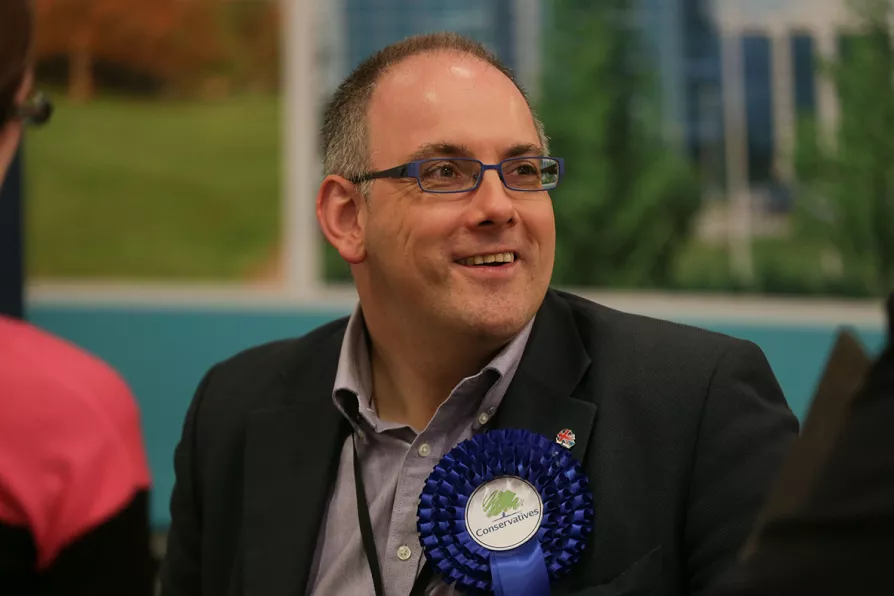Labour’s persistent failure to address its electorate’s salient concerns is behind the protest vote, asserts DIANE ABBOTT

 Robert Halfon
Robert Halfon
ROBERT HALFON’S attempt to blame anti-racists for bad results in underfunded schools rather than his own government’s spending cuts, is one of the nastier attempts to use “culture war” themes to cover Tory education failures.
But it’s also a bit of a tradition: Tory education ministers often blame “liberal values” for bad results from badly funded education. Every time they do, school funding drops and the results get worse.
Halfon, leading the education select committee, showed white kids on free school meals are doing very badly in school results: that’s because the poorest kids in de-industrialised towns are doing even worse than the poorest kids in cities.

As Starmer flies to Albania seeking deportation camps while praising Giorgia Meloni, KEVIN OVENDEN warns that without massive campaigns rejecting this new overt government xenophobia, Britain faces a soaring hard right and emboldened fascist thugs on the streets














